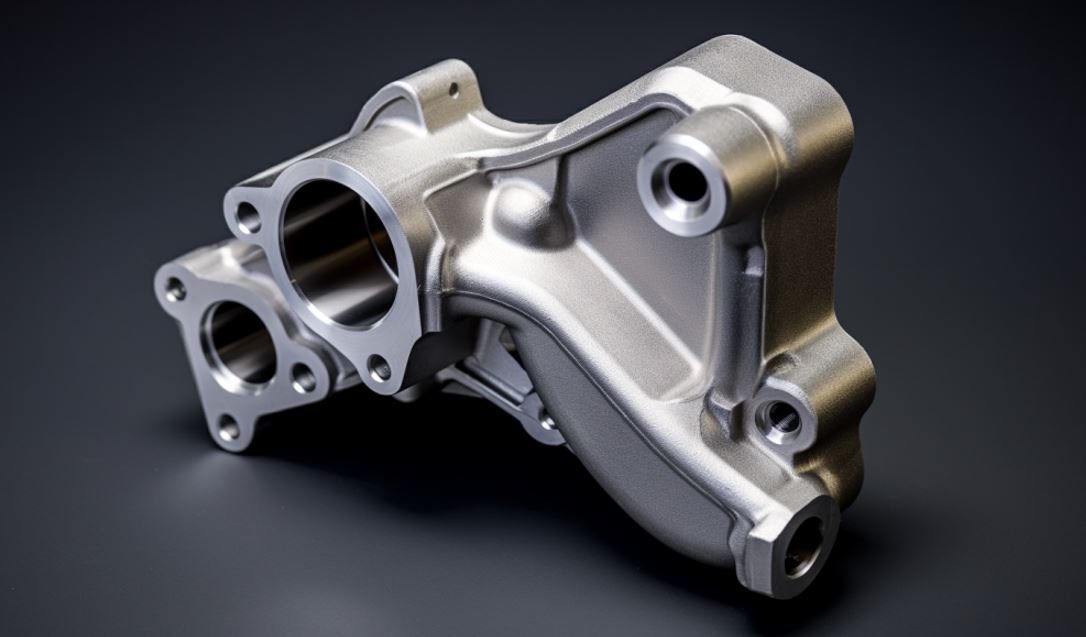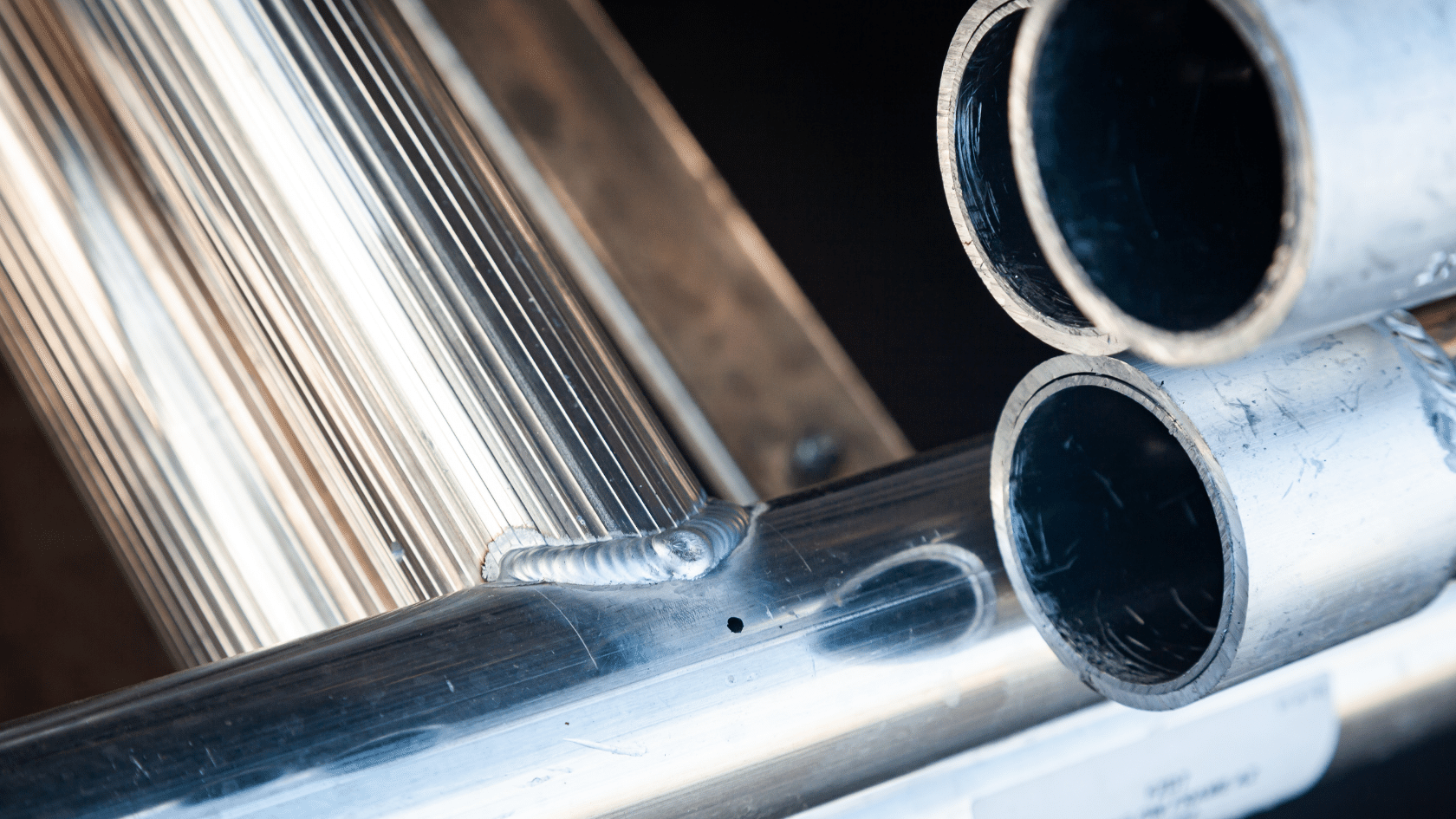Alcast Company Fundamentals Explained
Alcast Company Fundamentals Explained
Blog Article
Some Known Factual Statements About Alcast Company
Table of ContentsAlcast Company Things To Know Before You Get ThisFacts About Alcast Company UncoveredAn Unbiased View of Alcast CompanyGet This Report on Alcast CompanyGetting My Alcast Company To WorkSome Of Alcast Company
Chemical Contrast of Cast Aluminum Alloys Silicon promotes castability by lowering the alloy's melting temperature and boosting fluidness during spreading. Additionally, silicon adds to the alloy's toughness and wear resistance, making it useful in applications where toughness is essential, such as vehicle parts and engine parts.It likewise boosts the machinability of the alloy, making it much easier to refine right into ended up items. This way, iron adds to the total workability of light weight aluminum alloys. Copper increases electrical conductivity, making it useful in electric applications. It also boosts rust resistance and contributes to the alloy's overall stamina.
Manganese contributes to the strength of light weight aluminum alloys and boosts workability (aluminum foundry). It is typically used in functioned aluminum products like sheets, extrusions, and profiles. The existence of manganese aids in the alloy's formability and resistance to fracturing during fabrication procedures. Magnesium is a light-weight element that provides strength and impact resistance to aluminum alloys.
Alcast Company Things To Know Before You Buy
Zinc improves the castability of light weight aluminum alloys and helps manage the solidification process throughout casting. It improves the alloy's stamina and firmness.

The primary thermal conductivity, tensile strength, yield strength, and elongation vary. Amongst the above alloys, A356 has the greatest thermal conductivity, and A380 and ADC12 have the most affordable.
The Greatest Guide To Alcast Company

In precision casting, 6063 is well-suited for applications where intricate geometries and top notch surface area coatings are critical. Examples consist of telecommunication units, where the alloy's superior formability enables streamlined and aesthetically pleasing layouts while keeping structural integrity. In the Lights Solutions market, news precision-cast 6063 components produce sophisticated and reliable illumination components that call for elaborate shapes and great thermal performance.
It causes a finer surface area coating and far better corrosion resistance in A360. The A360 displays remarkable elongation, making it excellent for complicated and thin-walled parts. In accuracy spreading applications, A360 is fit for industries such as Consumer Electronics, Telecommunication, and Power Tools. Its improved fluidity allows for elaborate, high-precision elements like smartphone housings and interaction tool real estates.
The Only Guide to Alcast Company
Its unique homes make A360 an important option for accuracy casting in these sectors, boosting product resilience and high quality. Aluminum Castings. Light weight aluminum alloy 380, or A380, is a commonly utilized spreading alloy with numerous distinct characteristics.
In accuracy spreading, aluminum 413 shines in the Consumer Electronics and Power Equipment sectors. This alloy's remarkable rust resistance makes it an outstanding selection for exterior applications, making certain durable, durable items in the mentioned sectors.
Examine This Report about Alcast Company
The aluminum alloy you select will significantly impact both the casting procedure and the residential or commercial properties of the last product. Since of this, you need to make your choice thoroughly and take an enlightened method.
Figuring out the most ideal light weight aluminum alloy for your application will indicate weighing a wide selection of qualities. The first group addresses alloy features that affect the manufacturing procedure.
An Unbiased View of Alcast Company
The alloy you pick for die spreading directly impacts a number of aspects of the casting procedure, like how simple the alloy is to work with and if it is prone to casting problems. Hot cracking, also called solidification splitting, is a common die spreading problem for aluminum alloys that can cause internal or surface-level tears or fractures.
Specific light weight aluminum alloys are more vulnerable to warm breaking than others, and your option ought to consider this. It can harm both the cast and the die, so you must look for alloys with high anti-soldering residential or commercial properties.
Deterioration resistance, which is already a significant characteristic of aluminum, can vary considerably from alloy to alloy and is a necessary characteristic to think about depending upon the ecological conditions your item will certainly be revealed to (aluminum metal casting). Use resistance is one more building generally looked for in light weight aluminum products and can set apart some alloys
Report this page